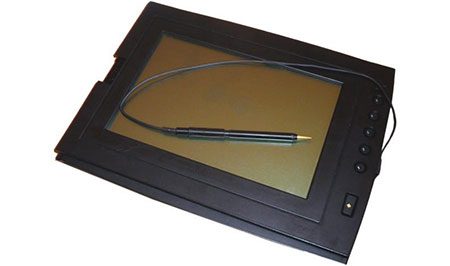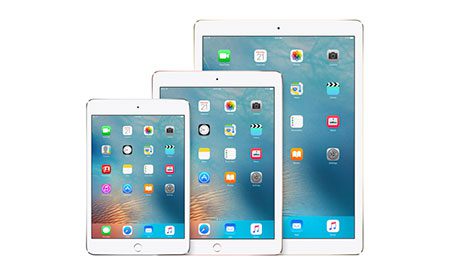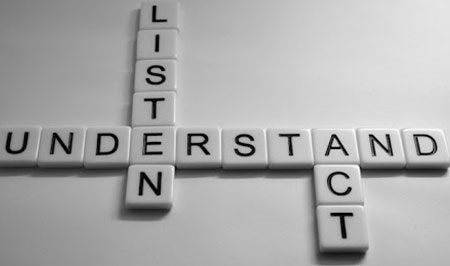What we want is a market without competitors, it is convenient for us, because it is easier to define the business strategy, we prefer to idealize a market without competition. Totally for us.
The sky
But in doing so, we also close our horizon of possibilities.
It is easier to imagine oneself unique than competitors in an open market, where the consumer freely buys in an economy full of choices.
If our business had a monopoly on some type of product or service, it is possible that we would not need to improve to raise quality, reduce price, facilitate purchasing, improve delivery, extend lead time, etc.
There would be no stimulus to evolve.
But in reality there are advantages to having offers from different suppliers in the market, where consumers and companies benefit as well.
1.- Drives product sophistication
When there are several companies offering similar items or services, it helps to spread awareness or use.
Por ejemplo el iPad es una tableta que llegó al mercado en el 2010 con un serie de beneficios no existentes en la época, como el touchscreen, pero después de años de evolución de otras como el Linus Write-Top (1987).


What’s more, tablets are more powerful with each new version, so sometimes it is not necessary to have a computer, which are more expensive, heavier and take longer to turn on.
2.- Open and expand the market
In my hometown where I grew up as a teenager, there were only three coffee shop options, which were no more than a block away from each other in the center of town. None of them were full of customers, nor did people go there frequently.
I remember going to one of them, and ordering a coffee to go with a hamburger and fries. It’s many years old, but I have a vague memory of chewy, cold fries, a wet, poorly made burger, and a coffee with no joke.
In those days there were no national coffee or hamburger chains.
Nor is there much quality in the products.
Today, however, there are cafes very close by, with good options on their menus, or hamburgers made by international franchises or small local restaurants that offer very good quality.
When there are more suppliers in the market, people can more accurately compare quality, price and convenience; and then make a purchasing decision.
3.- Stimulates creativity and innovation
One of the major shortcomings of a market without competition is that it hardly promotes internal improvement. What for? If you have a captive market.

In contrast, when there is open and healthy competition, where greater market share is achieved because consumers’ needs or desires are better satisfied, competitors question themselves as to how they can offer higher quality goods at lower prices.
And that translates into being innovative.
Years ago, local hardware stores sold wood screws that really left much to be desired, poorly made, poorly finished, with little variety; it was common that if you had a particular project with the need for specialized fasteners, you just couldn’t find them.
Today, at Home Depot, in department stores or online, it is possible to buy specialized screws.
4.- You learn to understand the customer.
It is quite normal for the entrepreneur to have a firm idea of what he wants to produce and how to sell it.
But at the same time, the dynamics of the market, the requests, complaints and desires of the people, the advance of technology, give rise to the creation of better products or services.

For example, the music business has evolved amazingly in the last 40 years, we went from vinyl records to Spotify, and along the way compact discs and MP3 files. All this so that people had access to much better quality music, took up less space or had the ease of accessing different music at the touch of a button, much faster.
It is said that Apple’s big comeback was not because of its computers, but because of iTunes.
5.- Productivity
Time is currently one of the essential values of society.
It is expected that many of the transactions to be carried out will take very little time, either to occur or to be managed.
And for examples:
- Midas. Express car tuning service.
- Amazon. Purchase items on the web with home delivery.
- Spotify. Millions of songs instantly accessible.
- FedEx. Worldwide parcel delivery within 24 hours.
- Domino’s. Pizza delivery in less than 30 seconds.

The design of efficient production and logistics systems are now vital in a large number of businesses, failure to do so would put them at a disadvantage compared to their competitors.
Imagine: yes, their product is so good… but they take years to deliver it to you!
Closing: Open competition will most of the time condition a healthy and dynamic business atmosphere, where consumer preference is sought by understanding it, and it is very possible that as a result of this, the company will generate more sales and be more recommended.





